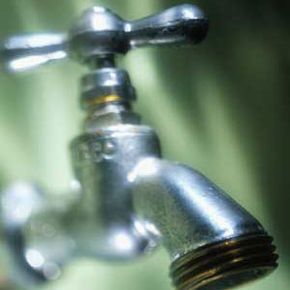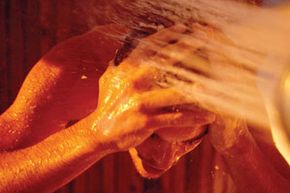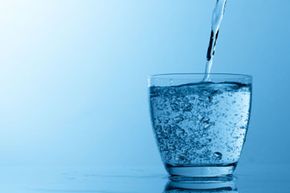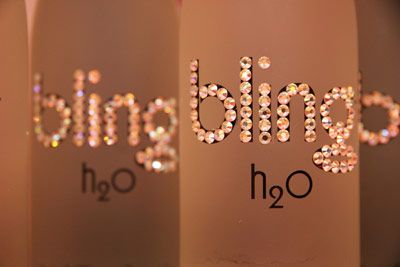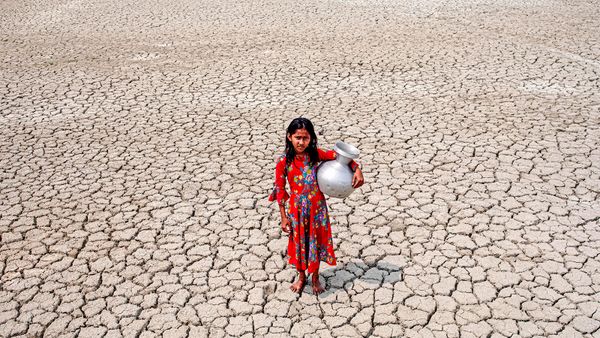Once upon a time, "drinking water" meant "tap water" -- the stuff that comes from a well or, more commonly, a municipal source. It flows equally into homes, offices, hospitals and restaurants without regard for social standing or economic status. Drinking water was free, it was quick, it had no packaging and no manufacturer's instructions. Satisfying one's thirst was as easy as holding a glass under the kitchen tap.
Those days are gone. Drinking water can be tap, bottled, filtered, mineral, purified, sparkling or enriched. Municipal, well, domestic, imported or mountain spring. Free of charge or costlier than gasoline.
Advertisement
The free stuff is the tap water, the (hopefully) clear liquid that, if you live in a developed country, flows magically into your home and out of your taps. At one time, people didn't give much thought to the source of that magic flow. They drank it, cooked with it and showered in it. It was presumed safe.
That presumption has gone the way of the residential landline: It's still out there, but not in the numbers it once was. Deserved or not -- and we'll get to that later -- tap water raises all sorts of alarm bells these days. In the United States alone, people consumed more than 33 billion liters of bottled water in 2007, and more than 40 percent of U.S. homes have some sort of water-treatment system [sources: Discovery, EPA].
So even when they do hold a glass under the kitchen faucet, they're not drinking plain old tap water. They're drinking the filtered version, which can cost anywhere from $20 to a few hundred bucks to produce.
Is it worth it?
In this article, we'll find out. We'll look at safety concerns surrounding tap water and see if they're valid, learn how filtered water is different, and check out some of the potential downsides of home water treatment.
If you're not one of the water-treating 40 percent, you may be wondering -- what's the big problem with tap water?
Advertisement
